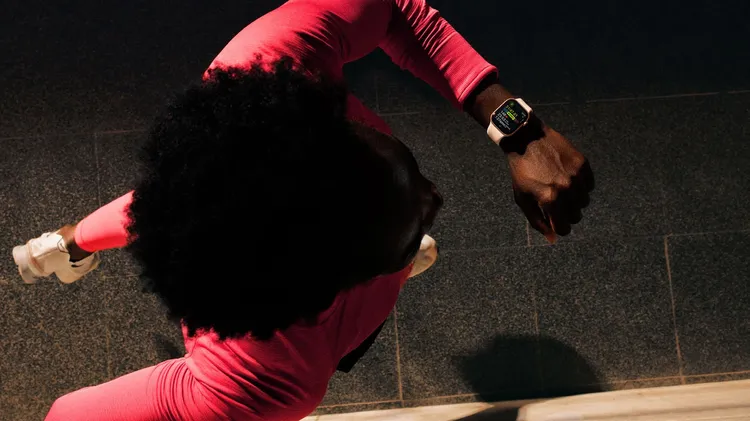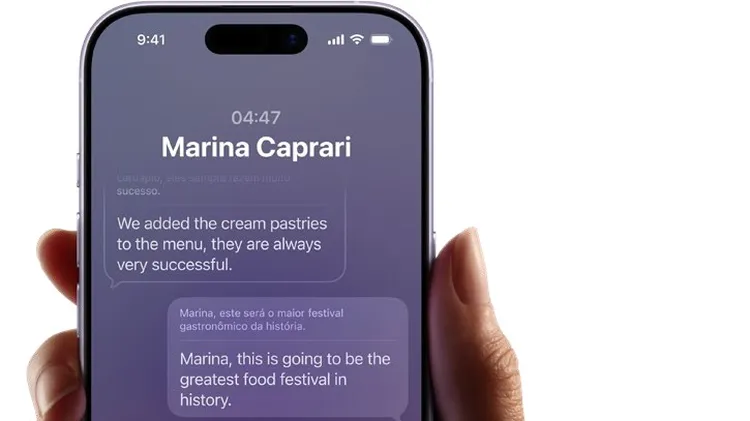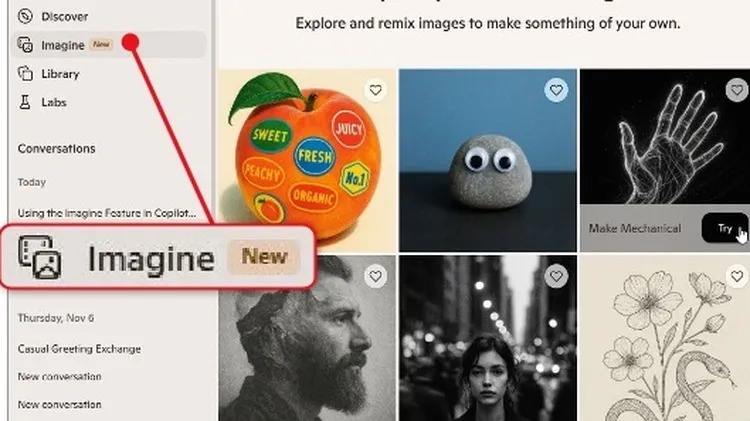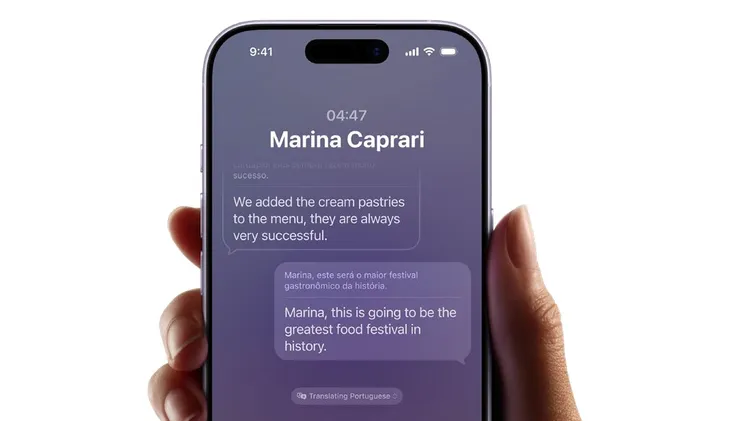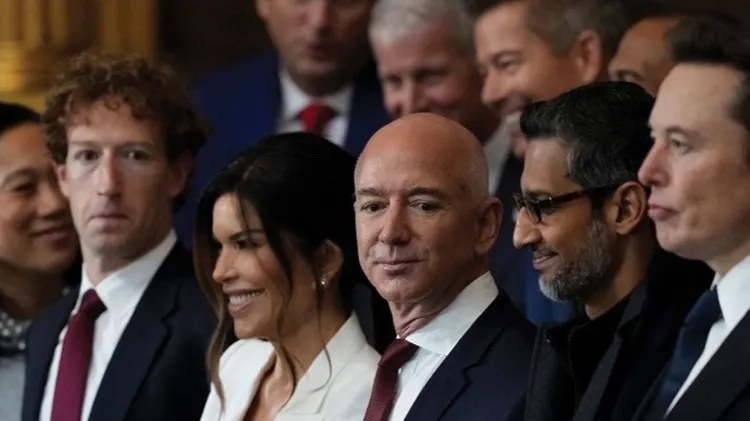Google’s AI mishaps were more human error than machine learn
How did gemini get it so wrong?
6 min read
This article is from...
Read this article and 8000+ more magazines and newspapers on Readly

